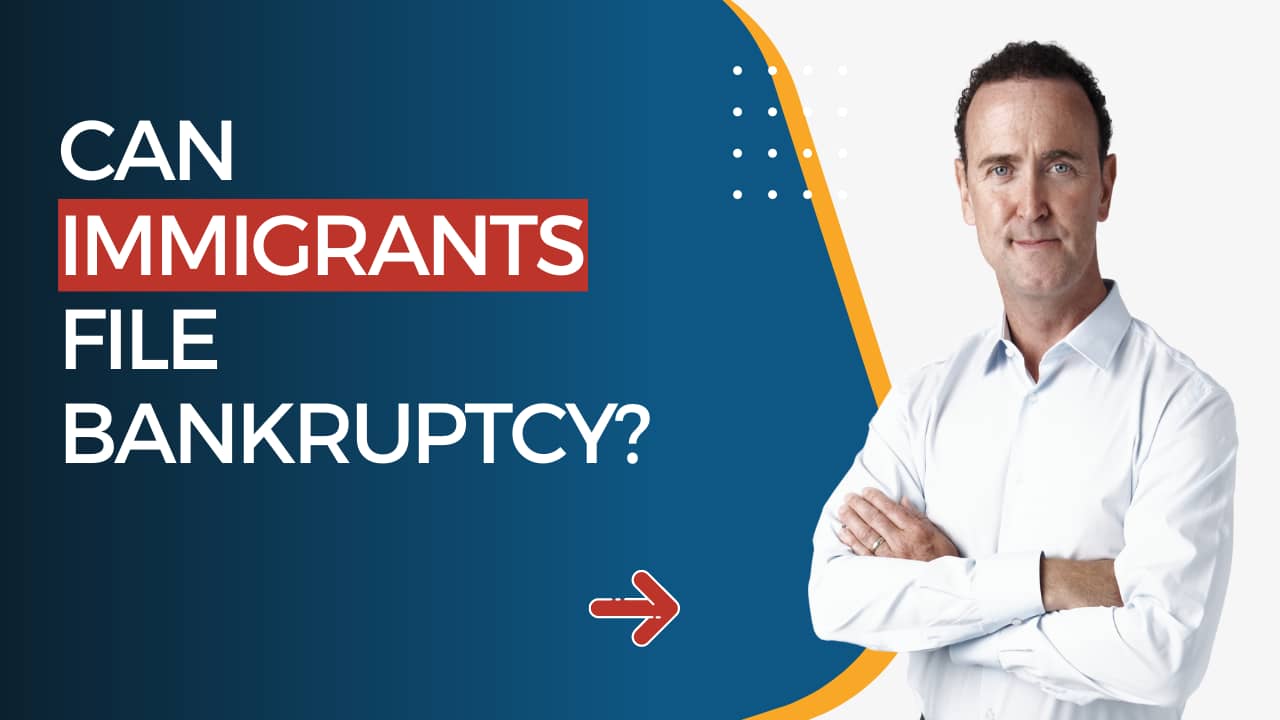When you hear people talking about filing bankruptcy, odds are they’re talking about Chapter 7. It’s the simplest and most common form of bankruptcy.
If you file Chapter 7 bankruptcy and have assets not protected by an exemption, the court-appointed trustee might sell those assets and distribute the proceeds to creditors. Creditors will be prioritized based on the rules set out in the Bankruptcy Code.
In most cases, you’ll get a discharge of your personal liability for most debts – which means you no longer have to pay them back.
Almost 99% of Chapter 7 bankruptcy cases are discharged without the trustee selling any of the debtor’s assets.
Am I eligible to file chapter 7?
Your eligibility to file Chapter 7 bankruptcy is determined by the means test, which was introduced in 2005 when the bankruptcy code underwent some significant amendments.
High earners with primarily consumer debts might not qualify for Chapter 7. However, if you enlist the help of an experienced bankruptcy attorney, you will likely be able to file.
Chapter 7 is generally the quickest and least complicated form of bankruptcy. It is available to individuals, married couples, corporations, and partnerships.
How do I get started?
Your bankruptcy case is initiated by filing the official petition, schedules, and statements of financial affairs. These forms ask you to list all of your assets (like cars, boats, and houses) and all of your debts (like your car loan, your credit cards, etc.). The Court will also want you to list some of your recent financial history, so they can see what you’ve earned and what you’ve spent your money on in the months leading up to filing bankruptcy.
It’s essential to make sure the correct mailing addresses are listed for every creditor, and that all of your debts are listed – even if they are non-dischargeable, like student loans.
The schedules will also list your property (things you own in addition to real estate), any debts that use that property as collateral, and how much money you’d expect to get if you sold the property.
You’ll have an opportunity to list any exemptions.
Since you’ll be signing these schedules under penalty of perjury, it’s important to make sure they are as accurate as you can make them. If the Court decides the information on the schedules is deliberately false or recklessly inaccurate, they can deny you a discharge of your debts.
Your attorney will submit this paperwork to the bankruptcy clerk in the district where you’ve lived for most of the past six months.
Your rights, and those of your creditors, are those that exist on the day your case is filed. Everything about your case after the filing will relate to the situation as it was on that day – as if it were a freeze-frame in time.
The moment your petition is filed, an automatic stay goes into effect. The automatic stay is a federal court order that stops creditors from initiating, or continuing, any further collection actions against you.
The Court will appoint a trustee and send a notice to all the creditors you listed on your schedules that you have filed bankruptcy. You will also receive a copy of that notice.
The 341 Meeting of Creditors
You’ll need to personally appear at the “first meeting of creditors,” also referred to as “the 341 meeting.” The 341 meeting takes its name from section 341 of the Bankruptcy Code, which describes the meeting.
At that meeting, the trustee can choose to put you under oath and ask you questions about your assets and liabilities. Creditors can also ask you questions, but it’s very rare for them to actually show up. In fact, 99% of the time, creditors do not show up to the 341 meeting.
What happens after the meeting?
If you have any assets that don’t qualify for an exemption, the trustee will take control of them and liquidate the assets for the benefit of your creditors. The trustee will often offer to sell any of your assets with unprotected value back to you at a discounted price.
From the sale of assets or the recovery of assets you might have tried to hide by transferring title to a friend or family member (never do this), the trustee will pay the expenses for administering the case, and then distribute the funds left over to creditors who have claims, based on the priority of those claims.
Any wages you earn AFTER your case is filed belong to you. Your creditors who had dischargeable claims on the date of filing can’t touch your post-filing earnings.
Typically, the only thing you have left to do after the 341 meeting is to provide any information requested by the trustee and complete the required debtor education class.
How long do I have to wait for the discharge?
Your creditors and the bankruptcy trustee have 60 days from the 341 meeting to decide whether they want to challenge your right to a discharge, or the dischargeability of a particular debt. If they choose to do this, they’ll file an “adversary proceeding.”
Unless an action to deny you a discharge is filed, the order providing for the discharge of your debts is issued by the court shortly after this 60 day period expires.
Even if an adversary proceeding objecting to the discharge of a particular debt is filed, it won’t stop or delay the rest of your debts from being discharged.
You have to complete a course of financial education from a court-approved provider in order to get your discharge. This class is typically an hour and half, and you can do it online.
If you don’t finish the class and file the certificate of completion, your case could end up getting closed without a discharge. It will cost you a new filing fee to re-open your case, file the certificate, and enter the discharge.
Discharge
You, as an individual debtor, can expect your discharge to occur within three to four months of filing your case. The discharge will wipe out the dischargeable debts that you had on the date of filing.
What happens after my Chapter 7 discharge?
You might still have certain debts even after your bankruptcy discharge. These are considered “nondischargeable” debts. Examples are:
- Priority taxes
- Child support
- Student loans
- Secured liens
How can I get help figuring all of this out?
You don’t have to go it alone – an experienced bankruptcy attorney can guide you through the process and make sure everything is done right – so you can finally relax. It’s free to chat with me about your options – you can call or text me at 215.551.7109, or drop me a line.









